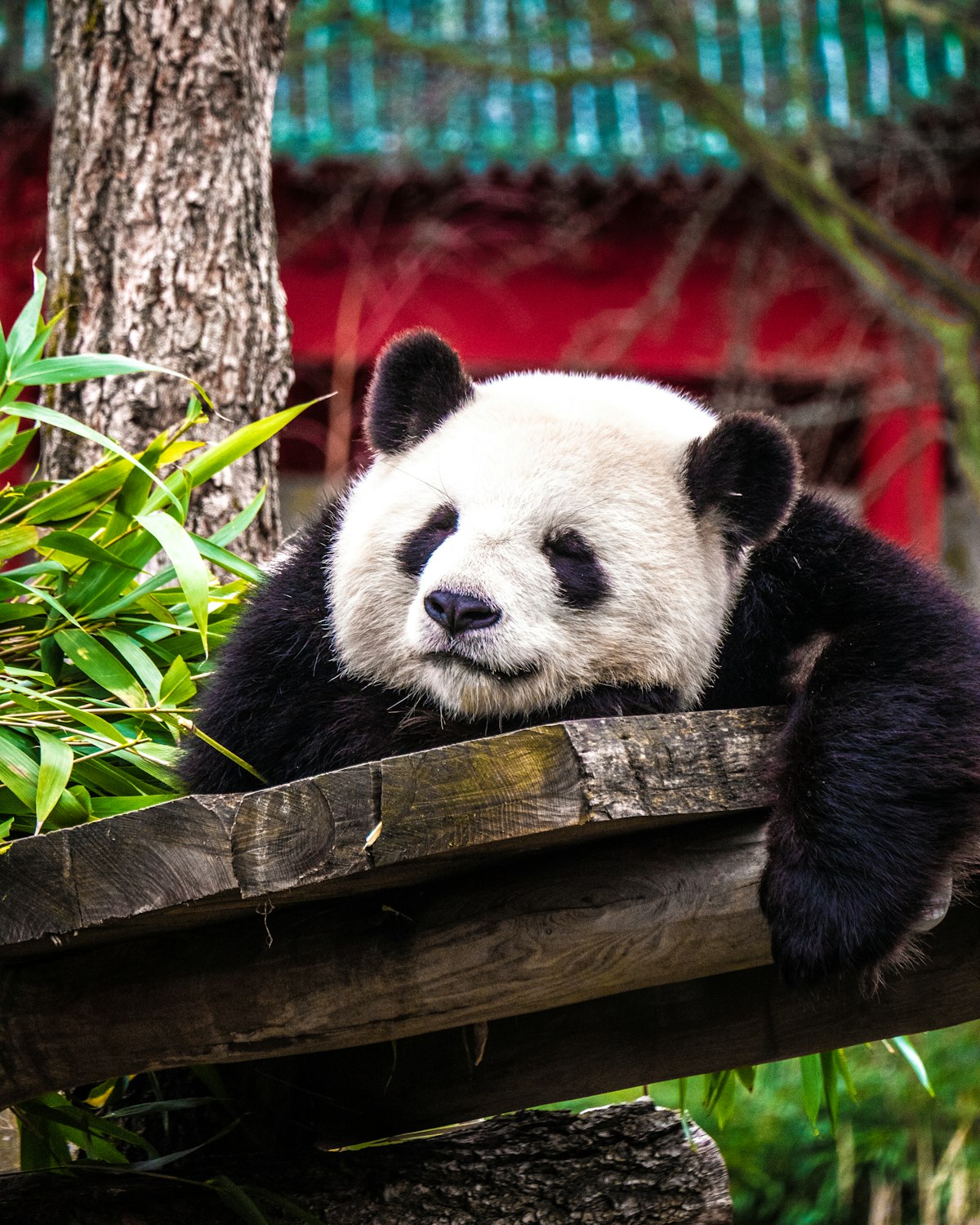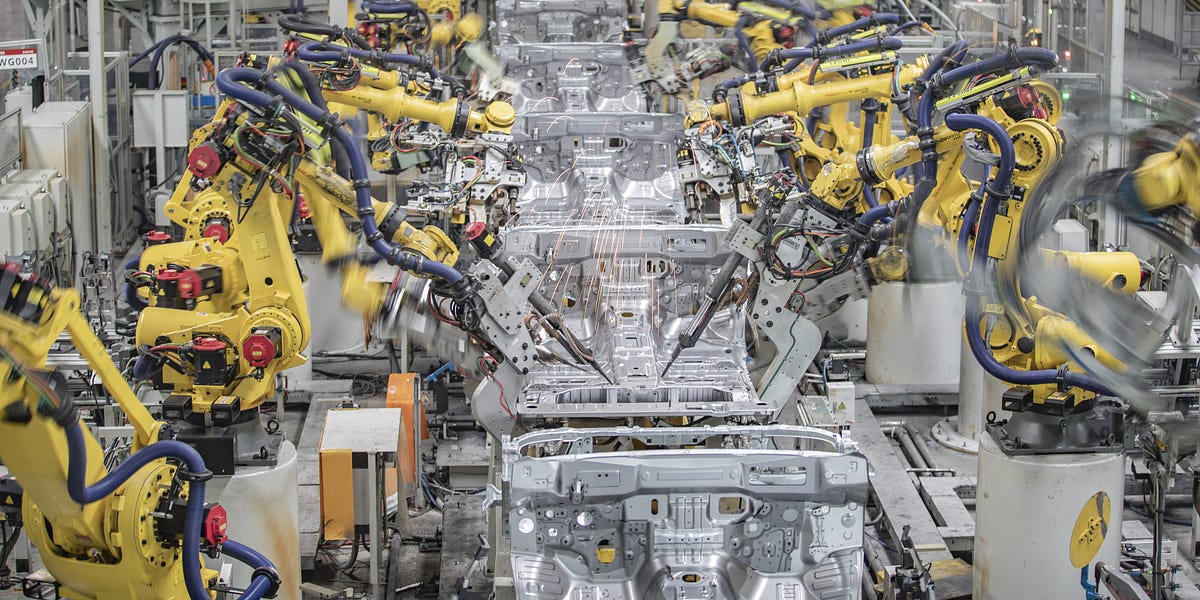China might be on the brink of 'involution'

The term "involution" has recently appeared more and more in China.
At the core of the issue is China's manufacturing overcapacity issue, which has built over two decades of global trading with the West, and how it developed in a flood of cheap goods that benefit global consumers at the expense of Chinese manufacturers. Intense competition and skewed resource distribution led to a self-defeating cycle for Chinese industries. This involution is now colliding with post-pandemic stress on supply chains and geopolitical tensions as the U.S. and, to some extent, the EU have started pulling their global industrial chain away from China, fostering emerging manufacturing industries in countries like India, Vietnam, and Mexico.
Interestingly enough, just like the West lagged in understanding how China became an industrial powerhouse of its own, it seems that China's perception of itself is also lagging now, not yet anticipating how they should start a complete reevaluation of their business and competitive culture. For now, albeit a key innovator in some specific fields, China mostly excels at large-scale cost control with good enough quality at the expense of innovation. And when I say 'innovation,' it is not so much technical innovation, which China has fully understood and largely mastered, but really market differentiation. Most Chinese industries are still reproducing Western products with incremental advantages (with the exception maybe of the automotive industry, which they have fully reframed). Chinese management culture is also still very much driven by detailed-oriented planning and long-term pipelines stifling creativity and reactivity.
As I often reminded my executive MBA students in Shanghai for years, they share one of the worst attributes of French business culture: high "Power Distance."
Another symptom of the radical business culture change China must undergo is its single-minded focus on price competition. Competing on added value at a higher market price or–god-forbid–even thinking of premiumization is not only counter-intuitive but pretty much a full mental block for Chinese executives. When price war is the only competitive mode for Chinese industries, the inherent lack of differentiation and homogeneous completion it produces makes the involution trend even worse. This is even more visible in the SME sector, where the fear of imitation discourages pioneering products from entering the market, limiting innovation to well-capitalized large companies.
Finally, the powerful incentives distributed by the central government to key technological sectors have also fostered strategies of expansion over differentiation. This pursuit of scale perpetuates low-price competition, driving competitors out of the market and consolidating market share around a few state-sponsored actors that end up losing appetite for radical R&D.
In conclusion, everything is a cycle, and I find it striking that when the West is barely starting to catch up on China's becoming such an industry leader in most key sectors, from IT to energy or defense systems, China might end up being a victim of its own success, unwilling to adapt to a fully changed geopolitical landscape.
The next few years are going to be anything but predictable...
If you want to read a more detailed article on this, I suggest subscribing to the wonderful Baiguan newsletter:




